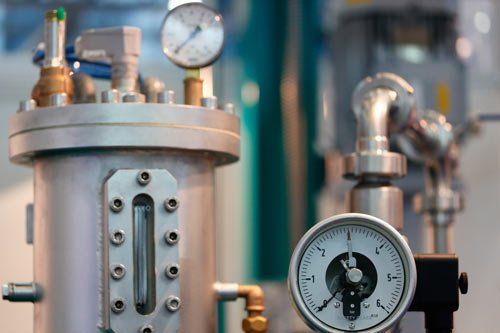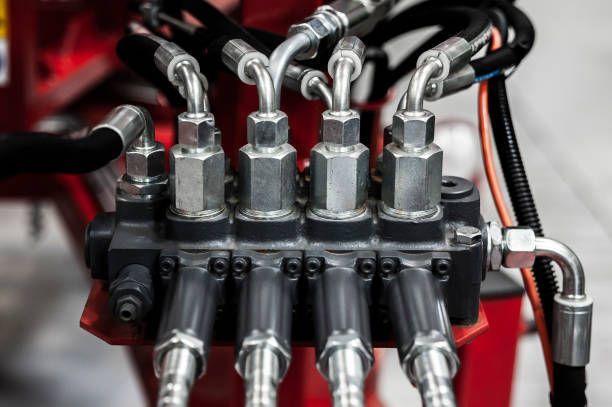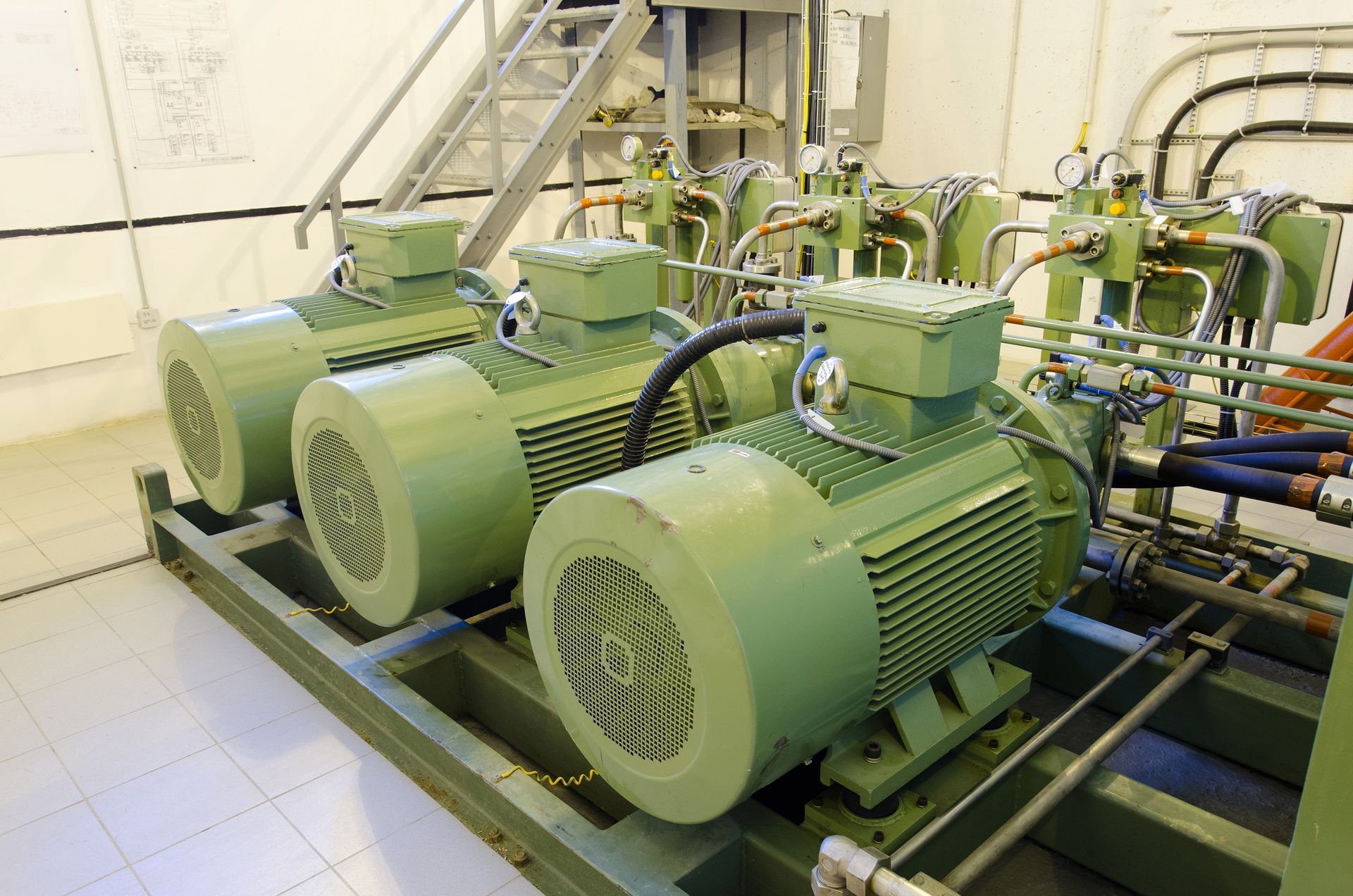6 Common Questions You May Have About Hydraulic Pumps
Hydraulic pumps have many components and aspects that can be difficult to understand, especially when you first start learning about how they work. The following are some of the more common questions and answers concerning hydraulic pumps you may not be aware of.
1. What Is Hydraulics?
A hydraulic system is made of a number of components. It includes a reservoir, pump, fluid, valves, motor, hose, cylinder, and a filter. The reservoir holds the fluid before the pressurization process. The fluid is typically hydraulic oil and is the blood of the entire system. The oil moves through a filter to help remove any contaminants.
2. Does a Hydraulic Pump Create Pressure?
Engineers sometimes debate the question of pressure in hydraulic pumps. Do hydraulic pumps create pressure or not? A pump produces a flow of fluid which results in pressure when the flow of the fluid meets any form of resistance.
When the hydraulic pump has no connection to a system, the pressure will not be present since nothing resists the flow of fluid. Because of the lack of pressure, many engineers believe the pumps do not actually create the pressure. Not all experts agree, however.
Some argue that the hydraulic pump is the source of pressure rather than a source of flowing fluid. The debate is still in the air as to which is actually true, but the bottom line is that a pump and fluid flow ultimately result in pressure.
3. What Do Pressure Pump Ratings Mean?
Hydraulic pumps have pressure ratings. The rating refers to the amount of pressure the pump can handle before any damage or leaks occur. Always be sure the pressure rating of your hydraulic pump is below the pressure of the system you will work with.
4. What Are the Efficiency Measures for Hydraulic Pumps?
Hydraulic pumps are measured for efficient in a few ways. One measure is volumetric efficiency. This refers to the actual flow divided by theoretical flow. A meter measures actual flow. Theoretical flow is found by multiplying the speed of the pump by the pump revolution. Volumetric efficiency is a way to find out how well a pump performs.
Mechanical efficiency is known as hydraulic efficiency. This refers to the theoretic torque needed to operate the pump divided by the actual amount of torque needed.
Overall efficiency refers to the product of mechanical and volumetric efficiency.
5. Is There a Difference Between One and Two Stage Pumps?
A one-stage pump has one pressure and one flow rate. They are connected to a crankshaft or an industrial engine. Two-stage pumps are mounted to engines and produce a lot of fluid and move the cylinder in out and out faster. With the resistance, another group of gears produces increased pressures for the action of the system. The amount of fluid will decrease.
6. What Types of Valves Are Included in Hydraulic Pumps?
Pressure relief valves and directional control valves are two valves in hydraulic pumps. A directional control valve is in charge of the path of the flow within the system. A pressure relief valve prevents overloads of pressure on the system by allowing air or bubbles to escape. The efficiency of the pump is minimal if excess pressure cannot get out.
Since 1972, we at Quad Fluid Dynamics, Inc., have provided the best quality hydraulic rebuilding and support services to manufacturers, the military, and other clients. We specialize in machine upgrades, CNC machine tools, and diagnostics. We are happy to assist you with your engineering design needs. Call us today to speak to us about hydraulic pumps if you have any questions.



